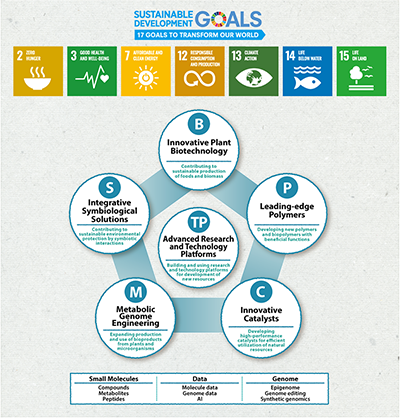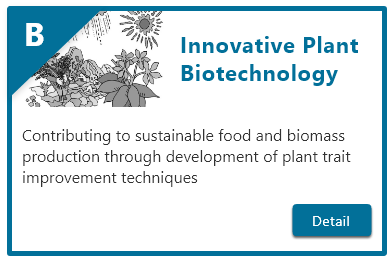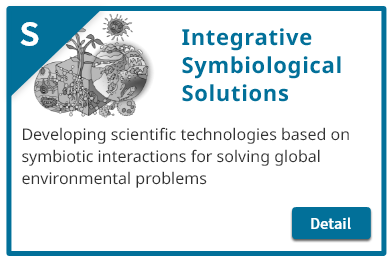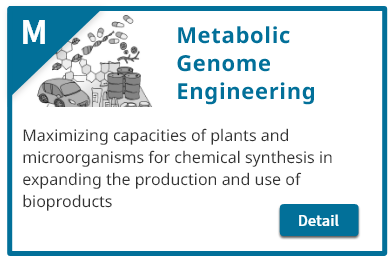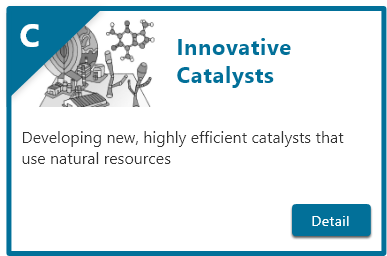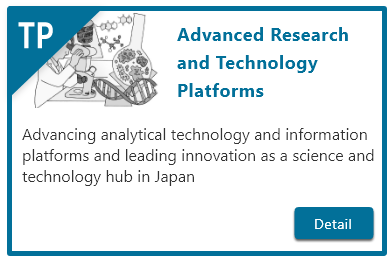About CSRS
Contributing to a sustainable society through research oriented towards “problem-solving” based on the concept of developing manufacturing methods with reduced environmental impact
Director, CSRS: Kazuki Saito
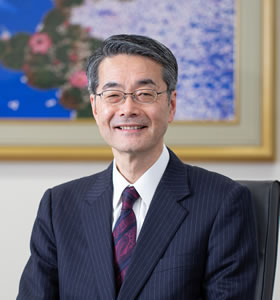
Since its establishment in 2013, RIKEN Center for Sustainable Resource Science (CSRS) has been a leader in creating a sustainable society through transdisciplinary integration of plant science, chemical biology, catalytic chemistry, and biomass engineering. The growing risk from climate change and energy issues, however, calls for research oriented towards “problem-solving” that contributes, more than ever before, to sustainable growth and that addresses global issues.
Using as guides the Sustainable Development Goals (SDGs) and the Paris Agreement on achieving zero greenhouse gas emissions, CSRS has set up six flagship projects. Each of these projects aims to further advance basic research in the efficient creation, exploration, and use of beneficial substances from natural resources, sustainable food production, and bioproduction that CSRS has been undertaking in the past. In addition, the projects will move beyond the boundaries of research fields and develop manufacturing methods with less impact on the environment. In particular, advances made in recent years in artificial intelligence (AI) and data science can bring about a significant step forward.
While establishing new research field of “sustainable resource science” that contributes to solving environmental problems and food-related issues, and also actively nurturing the next-generation of scientists, CSRS will lead in creating a future world where people can live healthy and prosperous lives.
Organization
Missions
CSRS promotes flagship projects towards achievement of the Sustainable Development Goals (SDGs) of the 2030 Agenda for Sustainable Development
In 2015, the United Nations General Assembly adopted a set of 17 SDGs to be achieved by 2030. The power of science and innovation is essential when addressing these global issues. Against this backdrop, CSRS will leverage its strength in research and promote flagship projects focusing on seven goals as shown below. In addition to transdisciplinary research in plant science, chemical biology, catalytic chemistry, and biomass engineering, CSRS will adopt latest technology in data science, artificial intelligence (AI), and genome analysis to produce innovative results.
